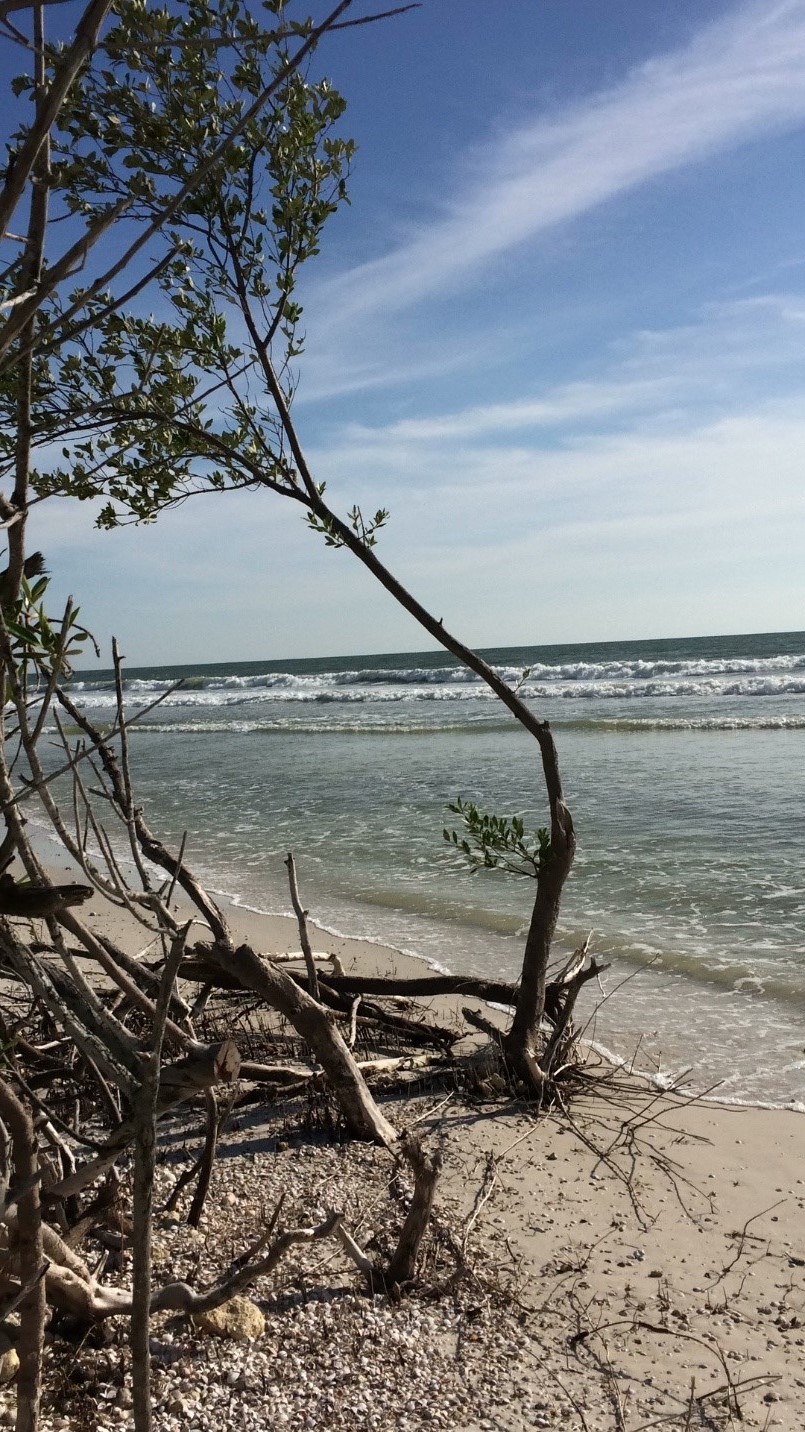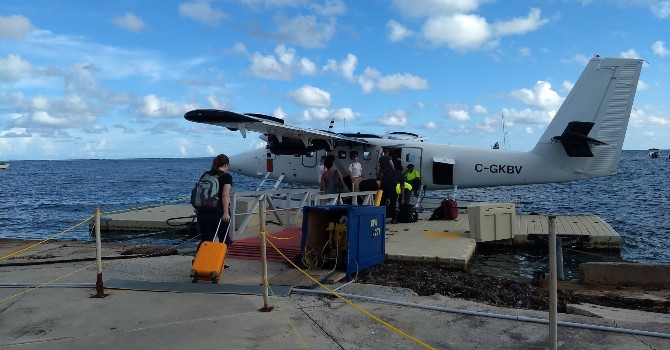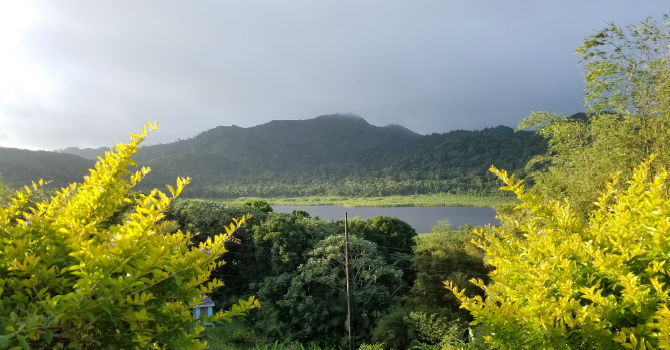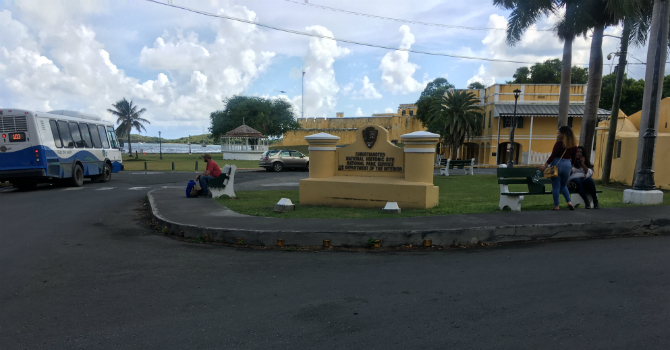Living in the Path of Hurricanes, We All Need Pathways to Safety and Recovery
Kira Rib, EHS Student
February 28, 2020, Disaster Relief, Practice, Research

Growing up in Florida, hurricanes are a way of life. You expect them, you anticipate them, you breathe a little lighter when you know the season has passed. When you are Floridian, you watch the storm path anxiously, and while you hope everyone is safe, you also hope that the path will turn away from you. When you are Floridian, you know it’s better to always have a case of water bottles in your home rather than wait for the panic and turn up empty handed when leaving the store. When you are Floridian, you think about the coastal flooding zones in proximity to where to live, you think about the evacuation route, and you have a mental packing list for when the storm comes in and you need to leave everything behind. Or you know where in the house you will choose to ride it out. When the storm passes, you never know how long it will take to have access to power, water, food, and phones. You are isolated.
Being a Floridian, I have always wanted to understand how any society can truly prepare for hurricanes. I have never seen a hurricane that leaves without a trace of its arrival. How can we collectively protect each other, without leaving behind our most vulnerable? How can we plan for the people whose housing isn’t appropriately storm resistant, for people who live in flood zones, for the elderly who struggle to evacuate, and for the person who can’t afford to evacuate? Once the storm has cleared, how do we show up effectively, coordinating urgent needs for utilities, health care, road clearance, housing, food and water? The most important question I have though, is how do we respond to the needs of impacted communities after the storm is long gone, but the damage remains?
As a public health student and lifetime resident of the hurricane zone, one of my most critical interests is emergency preparedness and response. The opportunity to learn from the CDC and leaders in the US Virgin Islands about long term emergency response and community needs is humbling. I am interested to see how the USVI differ from Florida in their approach, resources, and management of hurricanes, and how this ultimately impacts the long term effects of these emergency events on communities.
While I am nervous about feeling intrusive in the interview process, I hope that the data from the CASPER we are assisting with will have a positive impact in long term strategies for response to community needs during extreme weather events. Unfortunately, with climate change, it is painful to think about the increased frequency and severity of the hurricanes that will impact the Caribbean and my own home in the years to come. While Florida and the USVI have many critical differences impacting paths to safety and recovery, our region could benefit from shared knowledge.








